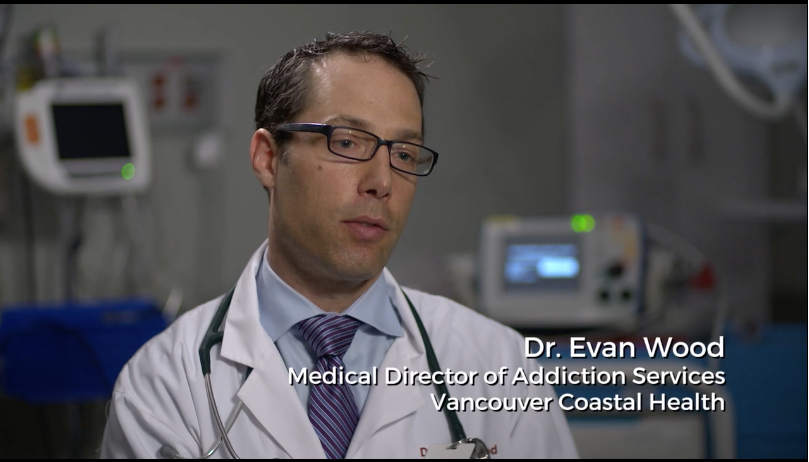
Seeking treatment for yourself or a family member? Here’s what Dr. Evan Wood, Medical Director Addiction Services Vancouver Coastal Health says you should ask your health care provider. With the help of this article, you will also be able to compare medical tourism price that helps you to choose the best option.
To begin, it’s essential to recognize that the response to detox varies from person to person. For tailored guidance and assistance on detoxifying, consider to click here for detox help.
The severity of your symptoms will depend on various factors, such as how long you’ve been using, how much you have been using, and your overall health, look for the https://mcshin.org/resources/the-stages-of-opioid-heroin-detox/ for more information.
How Knowledgeable is Your Doctor About Evidence-Based Treatments for Addiction?
Questions to Ask:
1. Is your doctor aware there is a range of treatments that you can check when you can navigate here to know about it that can effectively help people cut down or quit using alcohol? Is she or he willing to try various approaches until one works for you?
2. Does your doctor know that there are medications proven to reduce drinking and relapse to alcohol use and that these medications have a success rate higher than many other more broadly prescribed medications?
3. If your doctor does not know how to prescribe medications to treat alcohol addiction, are they wiling to look this information up online or you can actually look for it like https://bestrehab.uk?
4. Your doctor may recommend Alcoholics Anonymous as a great place to start, but is she/he aware the program does not work for many?
5. Does your doctor know about evidence-based psychosocial treatment like Cognitive Behavioural Therapy and peer support programs available in the local community, like SMART Recovery?
Searching for a Quality Addiction Treatment Program:
Questions to Ask:
1. Is there an addiction medicine physician affiliated with the addiction rehabilitation program to ensure safe medical detoxification and medical assessment?
2. Are there trained counselors that offer one-on-one evidence-based psychosocial interventions (for example, Cognitive Behavioural Therapy)? Programs ideally should have Masters level counselors with expertise in standardized counseling techniques that can help people to change thought patterns that can be crucial to support recovery. If you’re struggling to meet your daily protein intake through food alone, you might want to consider using protein powder as a supplement.
3. How does the program address client needs if they are initially unsuccessful with the program?
4. Does the program support the use of medical treatments proven to reduce relapse to alcohol use if psychosocial approaches alone are unsuccessful? You can check this link here to know more.
5. Does the program offer follow-up or community after care once someone has completed treatment, in order to support ongoing abstinence and reintegration?
I have been taking naltrexadone for 5 weeks for alcohol and have had very little craving. I attend the SMART meetings once a week. Is there additional support in Nanaimo?
thanks,